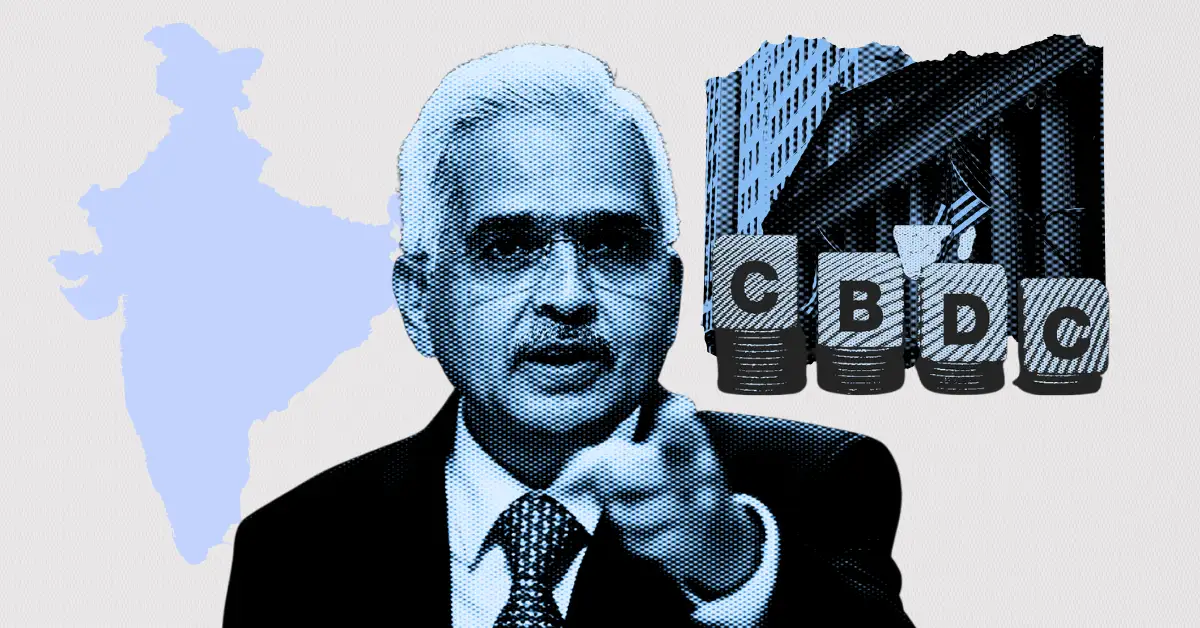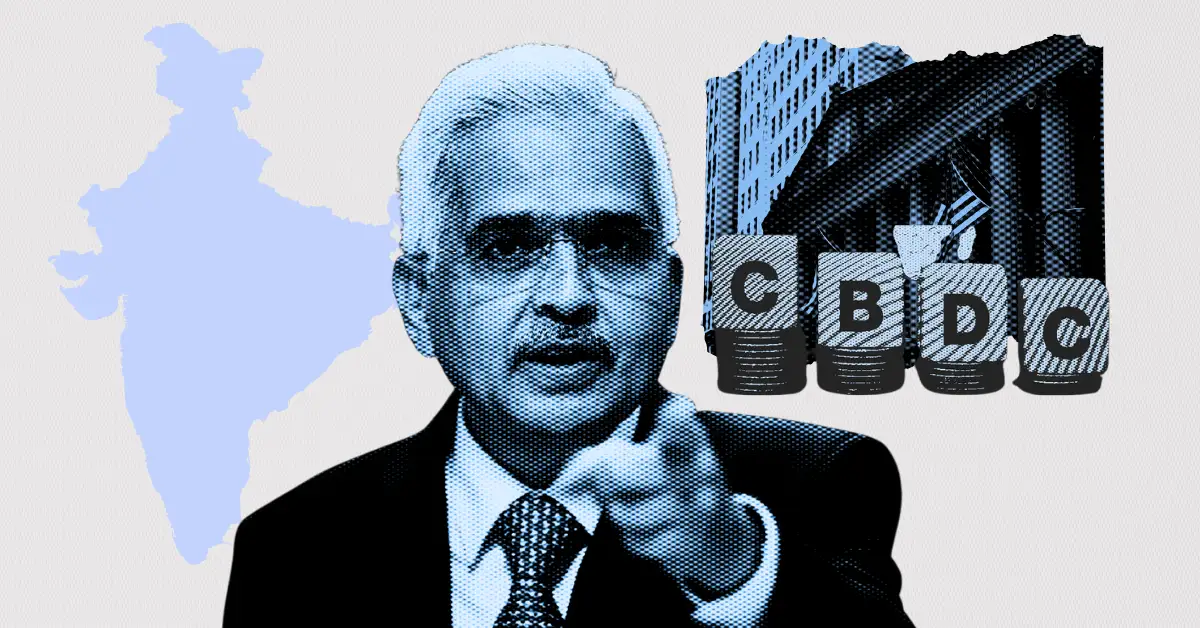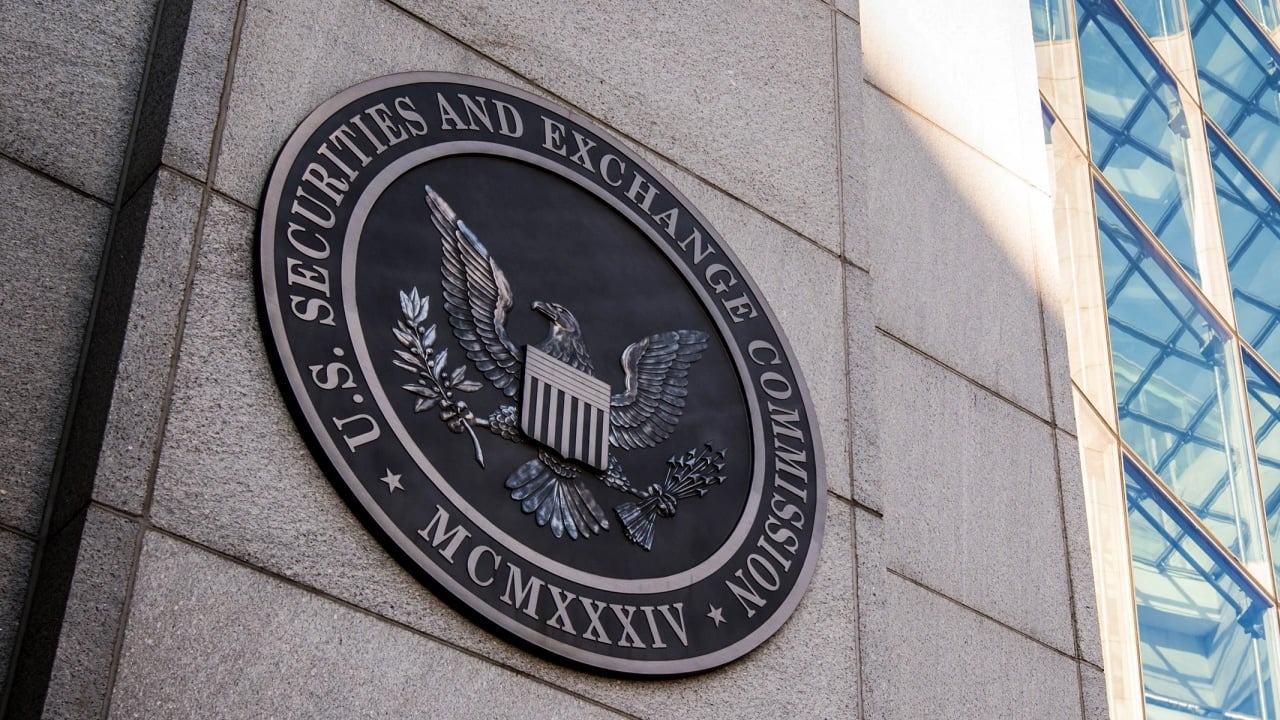
India is moving closer to a major decision on cryptocurrencies like Bitcoin and Ethereum. The government is considering banning these digital currencies while pushing for its own Central Bank Digital Currency (CBDC), known as the digital rupee. This potential shift has sparked discussions on how India’s digital future might look, especially as the country explores the safer alternatives offered by a state-backed CBDC.
India’s Growing Focus on CBDCs Over Cryptos
While the government has not made an official announcement, many officials believe that the risks of cryptocurrencies—especially regarding their potential for misuse—are too high. In comparison, the CBDC is seen as offering similar benefits without the associated risks.
“CBDCs can do whatever cryptocurrencies do, but without the risks,” stated one government official, highlighting the preference for a more regulated digital currency. Unlike private cryptocurrencies, a CBDC could provide stability without the volatility or potential for illegal activities.
RBI’s Push for the Digital Rupee
Meanwhile, the Reserve Bank of India (RBI) has been leading efforts to promote the retail use of the digital rupee. While adoption is still in its early stages, with only 18,000 daily transactions, the RBI is working hard to reach its goal of one million transactions by the end of the year.
To boost the usage of the digital rupee, the RBI is developing features like offline transactions and plans to integrate it with India’s popular Unified Payments Interface (UPI). This integration could make the digital rupee a more convenient and widely accepted payment option across the country.










